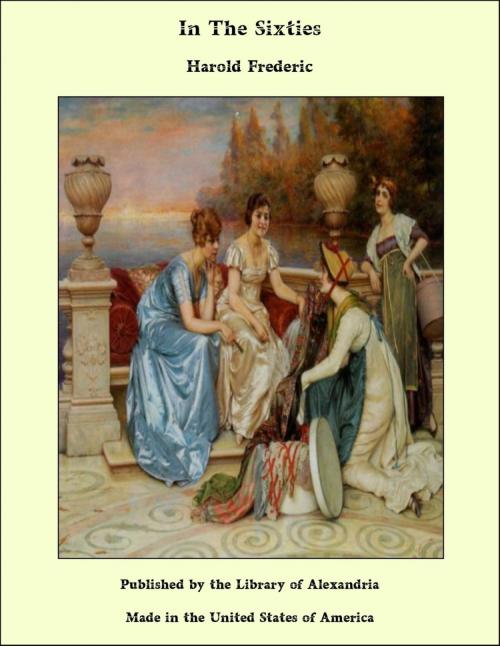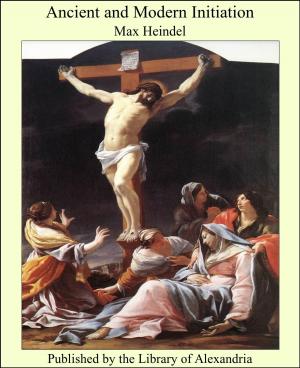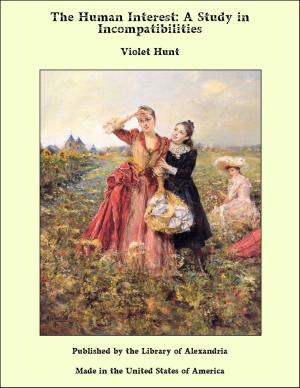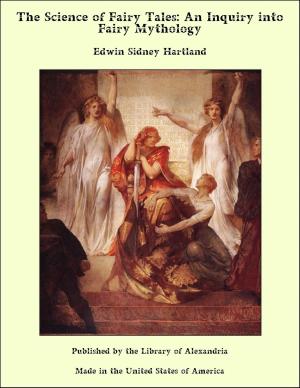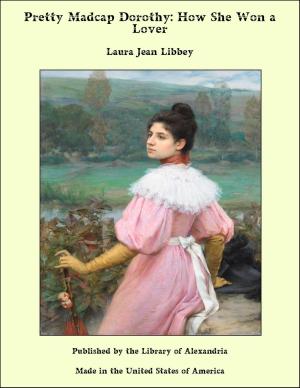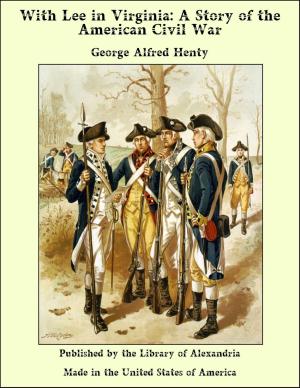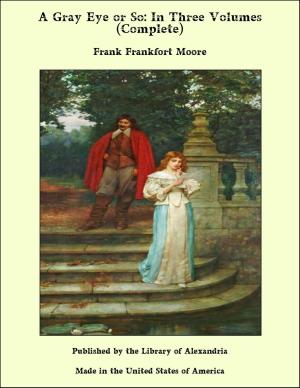| Author: | Harold Frederic | ISBN: | 9781465627582 |
| Publisher: | Library of Alexandria | Publication: | March 8, 2015 |
| Imprint: | Language: | English |
| Author: | Harold Frederic |
| ISBN: | 9781465627582 |
| Publisher: | Library of Alexandria |
| Publication: | March 8, 2015 |
| Imprint: | |
| Language: | English |
It was on the night of my thirteenth birthday, I know, that the old farm-house was burned over our heads. By that reckoning I must have been six or seven when I went to live with Farmer Beech, because at the time he testified I had been with him half my life. Abner Beech had often been supervisor for his town, and could have gone to the Assembly, it was said, had he chosen. He was a stalwart, thick-shouldered, big man, with shaggy dark eyebrows shading stern hazel eyes, and with a long, straight nose, and a broad, firmly shut mouth. His expansive upper lip was blue from many years of shaving; all the rest was bushing beard, mounting high upon the cheeks and rolling downward in iron-gray billows over his breast. That shaven upper lip, which still may be found among the farmers of the old blood in our district, was, I dare say, a survival from the time of the Puritan protest against the mustaches of the Cavaliers. If Abner Beech, in the latter days, had been told that this shaving on Wednesday and Saturday nights was a New England rite, I feel sure he would never have touched razor again. He was a well-to-do man in the earlier time—a tremendous worker, a “good provider,” a citizen of weight and substance in the community. In all large matters the neighborhood looked to him to take the lead. He was the first farmer roundabout to set a mowing-machine to work in his meadows, and to put up lightning-rods on his buildings. At one period he was, too, the chief pillar in the church, but that was before the episode of the lightning-rods. Our little Union meeting-house was supplied in those days by an irregular procession of itinerant preachers, who came when the spirit moved and spoke with that entire frankness which is induced by knowledge that the night is to be spent somewhere else. One of these strolling ministers regarded all attempts to protect property from lightning as an insolent defiance of the Divine Will, and said so very pointedly in the pulpit, and the congregation sat still and listened and grinned. Farmer Beech never forgave them. There came in good time other causes for ill-feeling. It is beyond the power of my memory to pick out and arrange in proper sequence the events which, in the final result, separated Abner Beech from his fellows. My own recollections go with distinctness back to the reception of the news that Virginia had hanged John Brown; in a vaguer way they cover the two or three preceding years. Very likely Farmer Beech had begun to fall out of touch with his neighbors even before that. The circumstances of my adoption into his household—an orphan without relations or other friends—were not of the sort to serve this narrative. I was taken in to be raised as a farm-hand, and was no more expected to be grateful than as if I had been a young steer purchased to toil in the yoke. No suggestion was ever made that I had incurred any debt of obligation to the Beeches. In a little community where every one worked as a matter of course till there was no more work to do, and all shared alike the simple food, the tired, heavy sleep, and the infrequent spells of recreation, no one talked or thought of benefits conferred or received. My rights in the house and about the place were neither less nor more than those of Jeff Beech, the farmer’s only son.
It was on the night of my thirteenth birthday, I know, that the old farm-house was burned over our heads. By that reckoning I must have been six or seven when I went to live with Farmer Beech, because at the time he testified I had been with him half my life. Abner Beech had often been supervisor for his town, and could have gone to the Assembly, it was said, had he chosen. He was a stalwart, thick-shouldered, big man, with shaggy dark eyebrows shading stern hazel eyes, and with a long, straight nose, and a broad, firmly shut mouth. His expansive upper lip was blue from many years of shaving; all the rest was bushing beard, mounting high upon the cheeks and rolling downward in iron-gray billows over his breast. That shaven upper lip, which still may be found among the farmers of the old blood in our district, was, I dare say, a survival from the time of the Puritan protest against the mustaches of the Cavaliers. If Abner Beech, in the latter days, had been told that this shaving on Wednesday and Saturday nights was a New England rite, I feel sure he would never have touched razor again. He was a well-to-do man in the earlier time—a tremendous worker, a “good provider,” a citizen of weight and substance in the community. In all large matters the neighborhood looked to him to take the lead. He was the first farmer roundabout to set a mowing-machine to work in his meadows, and to put up lightning-rods on his buildings. At one period he was, too, the chief pillar in the church, but that was before the episode of the lightning-rods. Our little Union meeting-house was supplied in those days by an irregular procession of itinerant preachers, who came when the spirit moved and spoke with that entire frankness which is induced by knowledge that the night is to be spent somewhere else. One of these strolling ministers regarded all attempts to protect property from lightning as an insolent defiance of the Divine Will, and said so very pointedly in the pulpit, and the congregation sat still and listened and grinned. Farmer Beech never forgave them. There came in good time other causes for ill-feeling. It is beyond the power of my memory to pick out and arrange in proper sequence the events which, in the final result, separated Abner Beech from his fellows. My own recollections go with distinctness back to the reception of the news that Virginia had hanged John Brown; in a vaguer way they cover the two or three preceding years. Very likely Farmer Beech had begun to fall out of touch with his neighbors even before that. The circumstances of my adoption into his household—an orphan without relations or other friends—were not of the sort to serve this narrative. I was taken in to be raised as a farm-hand, and was no more expected to be grateful than as if I had been a young steer purchased to toil in the yoke. No suggestion was ever made that I had incurred any debt of obligation to the Beeches. In a little community where every one worked as a matter of course till there was no more work to do, and all shared alike the simple food, the tired, heavy sleep, and the infrequent spells of recreation, no one talked or thought of benefits conferred or received. My rights in the house and about the place were neither less nor more than those of Jeff Beech, the farmer’s only son.
